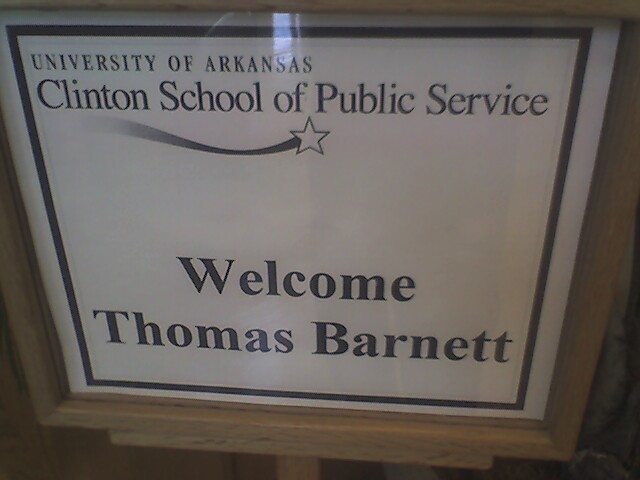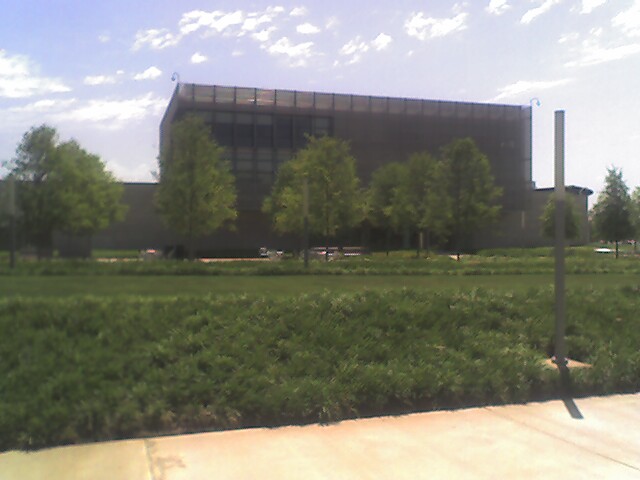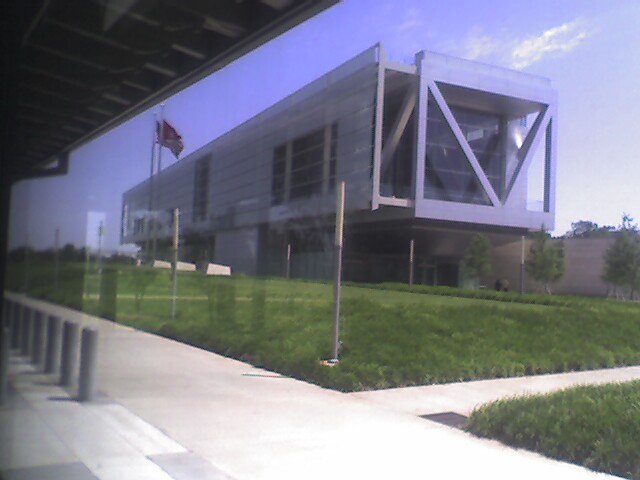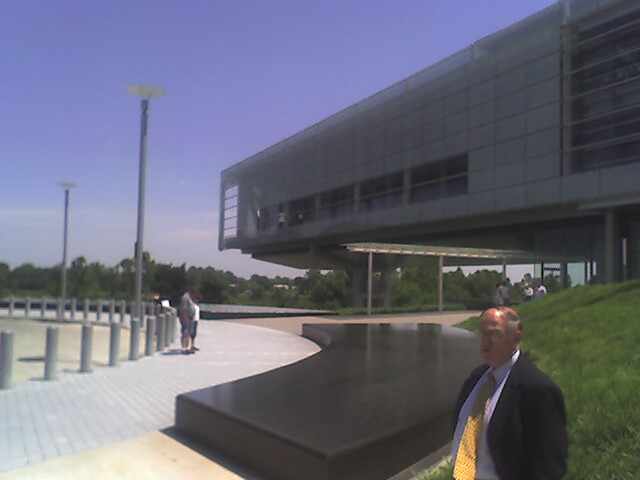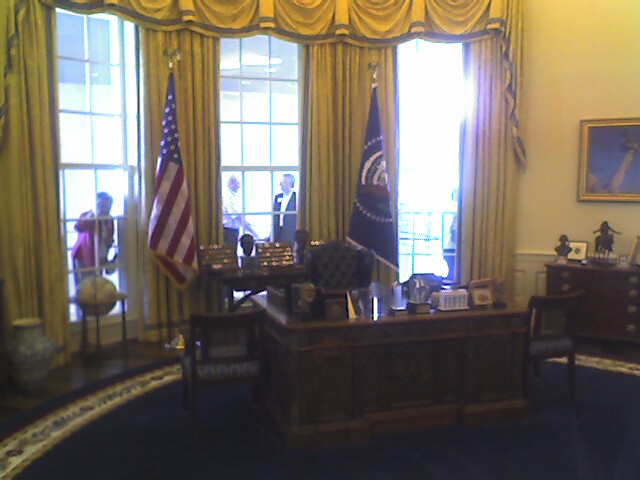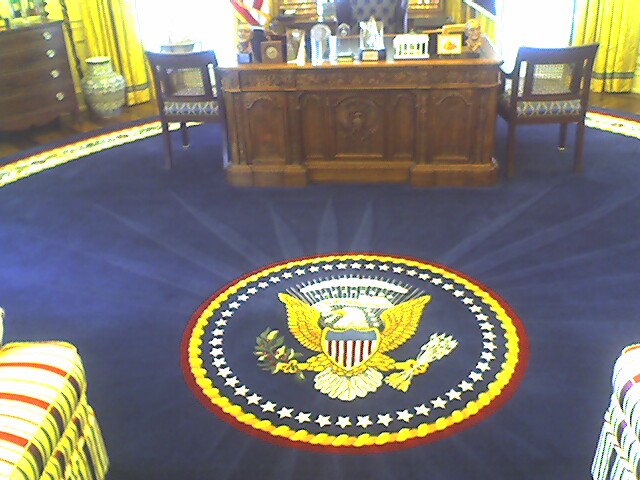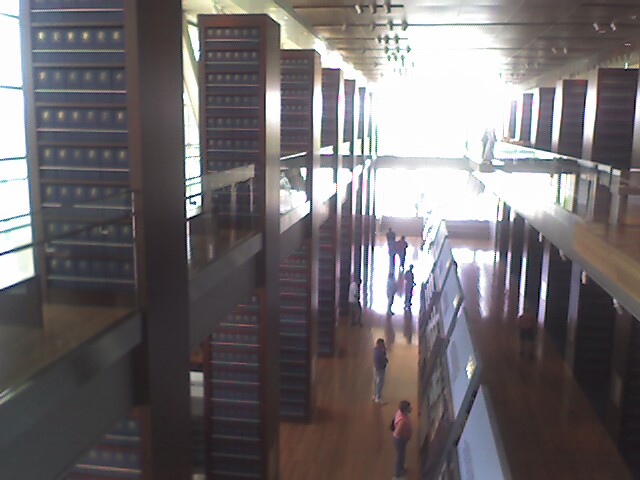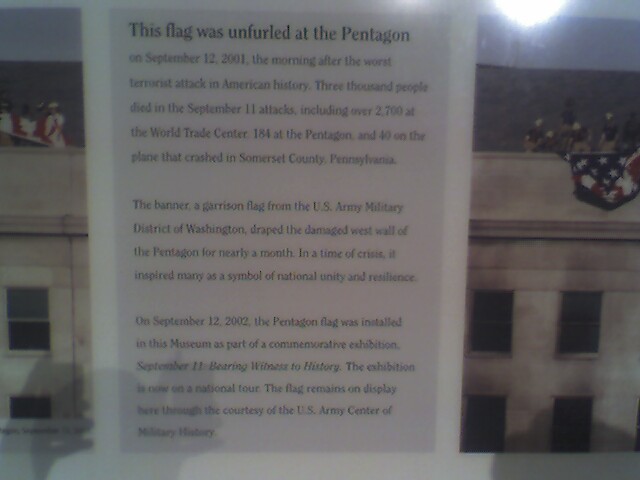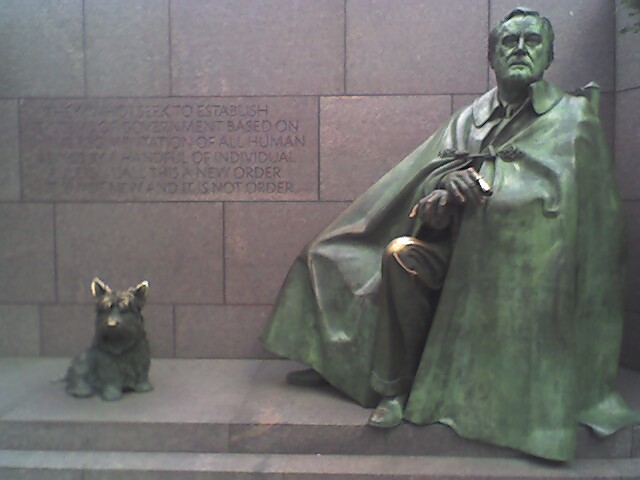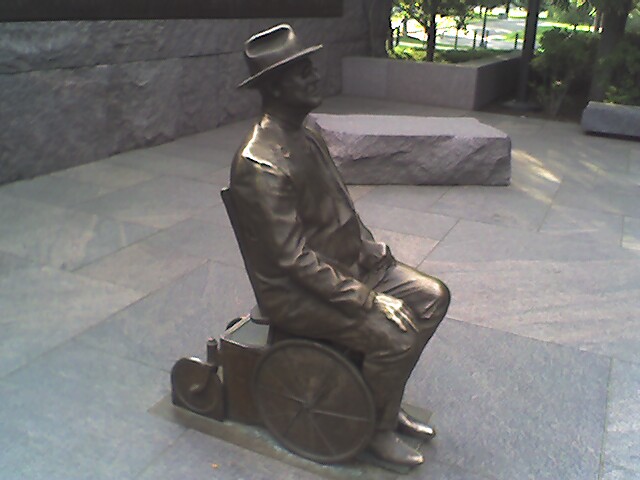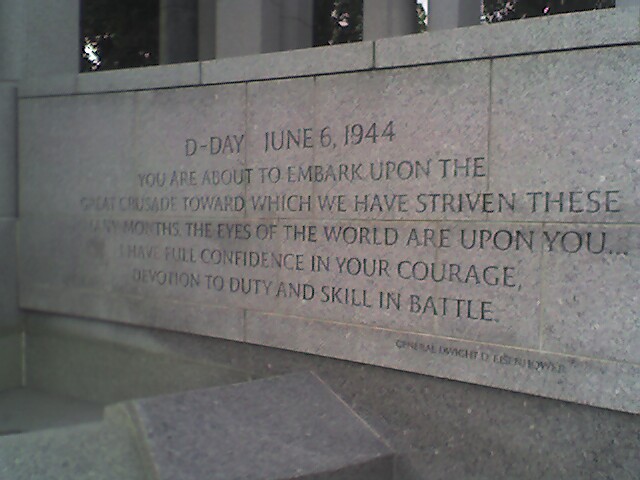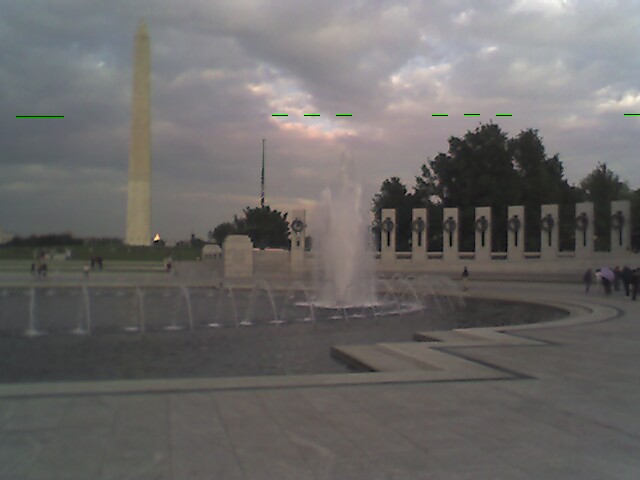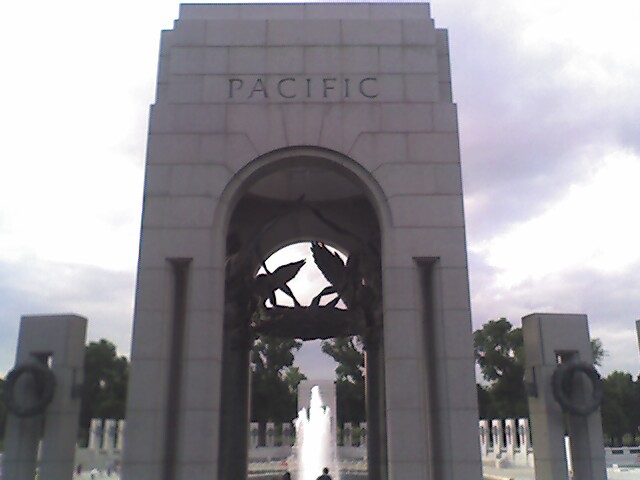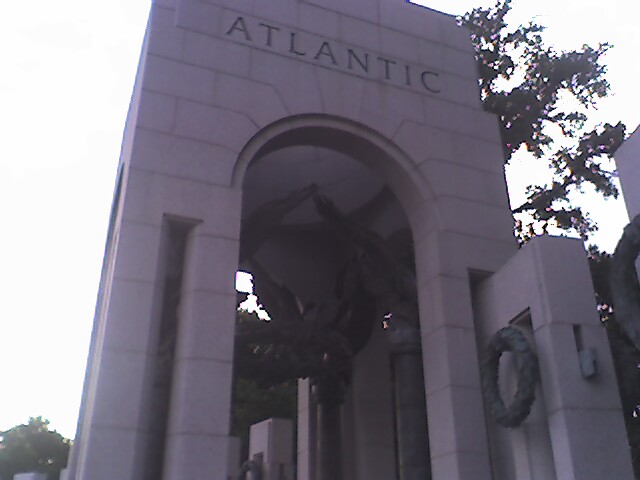Wolf on how this era’s globalization handle oil shocks better than previous ones
 Saturday, May 20, 2006 at 4:47AM
Saturday, May 20, 2006 at 4:47AM OP-ED: “The blessed borrower helps the world survive an oil shock,” by Martin Wolf, Financial Times, 17 May 2006, p. 13.
ARTICLE: “Profit makes Japan ‘America’s No. 1 cash cow in Asia,’” by Paul Wiseman, USA Today, 17 May 2006, p. 1B.
ARTICLE: “Next Wave of Camera-Wielding Tourists Is From China: As tens of millions of Chinese travel, the world starts to notice,” by Howard D. French, New York Times, 17 May 2006, p. A3.
Wolf is simply the best columnist out there today writing on globalization. You want serious understanding of complex trends and processes, then he’s your man.
This is a stellar piece that shows his analysis at its best.
He starts by asking whether or not we should be fearful of this oil shock, then tells us why the answer is no: this time around, unlike the 1970s, the main absorber of the influx of additional capital caused by higher energy prices is the U.S., not fragile Third World economies.
This shock, he admits, is size-wise as big as the 1970s version. But the difference in the global economy today is that (quoting an IMF report), because of “improved monetary frameworks and credibility, the impact on short-term interest rates, growth and inflation has been smaller than before, while deeper financial integration may facilitate the persistence of deficits.”
Deficits here refers to current account deficits among oil importers, and here is where you see how the expansion of the global economy with the New Core changes things a lot.
In the 1970s, rich countries were not big borrowers, despite the deficits on oil. So the oil surplus capital was shunted in the direction of less-developed countries in the “recycling” process that subsequently triggered the debt crises of the 1980s.
This time, Old Core countries other than the U.S. are “running a substantial aggregate current account surplus” which more than offsets the rise in oil prices. Meanwhile, Gap states are, on average, running far smaller deficits in aggregate, so “they are far less likely to fall into big difficulties over indebtedness” (hence the IMF looking for new sources of budgetary revenue).
Then to turn to New Core giant China, and its current account surplus is twice the rise in energy deficit it’s had to absorb, so no problem there.
That leaves heavy borrower America, security provider to the world, to absorb the excess capital, and that keeps things pretty safe economically.
So Wolf concludes:
Bless is the borrower, for it keeps the world humming. When oil-exporting countries are trying to accumulate claims on the rest of the world, as they are now, it is good that the dominant supplier of the desired claims are not uncreditworthy oil-importing developing countries borrowing in foreign currencies, but the US borrowing in its own. This is a big improvement over the 1970s. Moreover, because high oil prices must generate higher deficits in oil-importing countries, the sustainable size of US current account deficits and liability accumulations has risen. The assumption that US deficits need to fall drastically makes less sense in our post-oil shock world.Yet, if oil exporters, advanced countries (excluding the US) in aggregate and China, the world’s most dynamic country, run large current account surpluses over a long period, the accumulation of liabilities by the US will be massive. The US is the world’s most creditworthy--and so most satisfactory--issuer of claims. For this reason, its role as borrower of last resort has helped explain the absence of any economic downturn this time. But, as the recent market turmoil suggest, even its back is not infinitely broad. Other creditworthy countries should share the load.
Brilliant stuff, making clear that integrating the New Core deeper into the ranks of “made economies” with middle classes that consume like crazy is an essential task of America’s globalization strategy in years to come.
And as the two other articles cited above suggest, that’s moving along nicely with Japan and China, whose current boom in tourism suggests a pathway repeat of Japan’s emergence in the 1970s and 1980s.









